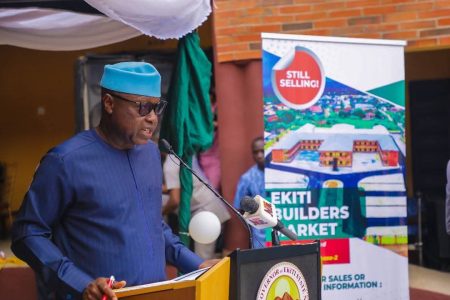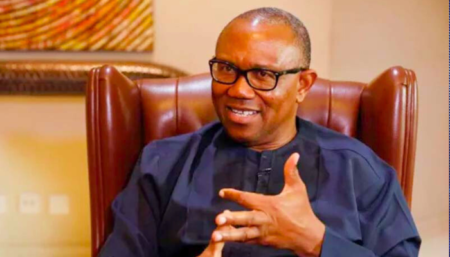The Federal Government has revealed that it is taking concrete steps to settle over N4 trillion owed to Power Generation Companies (GenCos) for electricity generated and fed into the national grid.
Mr. Bola Tunji, Special Adviser on Strategic Communications and Media Relations to the Minister of Power, disclosed this during an interview with the News Agency of Nigeria (NAN) on Tuesday in Abuja.
Tunji was reacting to a public plea issued by the Association of Power Generation Companies (APGC), which had called for urgent intervention from the government and key stakeholders to clear the debt backlog, warning that the situation is crippling operations in the sector.
“We expect a response from the Ministry of Finance very soon. We are not unaware of this debt arising from the Federal Government’s commitment to subsidy. Part of the debts are legacy debts, which were on the ground before the minister of power assumed office,” Tunji said.
He emphasized that the outstanding debt poses a major threat to the stability and efficiency of the power sector and that addressing it remains a top priority for the ministry.
“The minister has repeatedly harped on this, knowing the implication of such debts to the operations of the various power sector stakeholders, especially the GenCos,” he added.
Gencos decried FG’s debt
New Daily Prime earlier reported that Gencos had sounded the alarm over a looming shutdown of power plants across the country, citing a staggering N4 trillion debt owed by the Federal Government as the primary cause.
The GenCos, operating 40 power-generating plants connected to the national grid alongside independent power providers and the Niger Delta Holding Company, issued a statement on Monday under the APGC. The statement was signed by APGC Board of Trustees Chairman, Colonel Sani Bello (retd).
According to the statement, the Federal Government owes GenCos N2 trillion for power supply in 2024, in addition to N1.9 trillion in legacy debts accumulated over the years.
The GenCos revealed that they currently receive less than 30 per cent of their monthly invoices for power delivered to the national grid. financing as additional burdens threatening the viability of the power generation companies.









